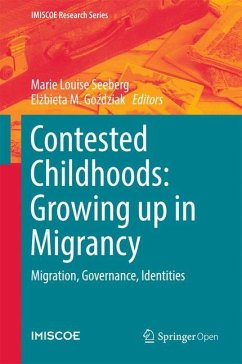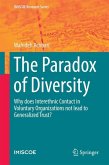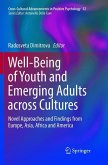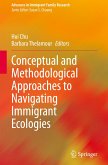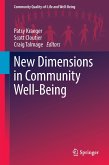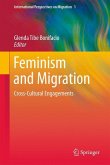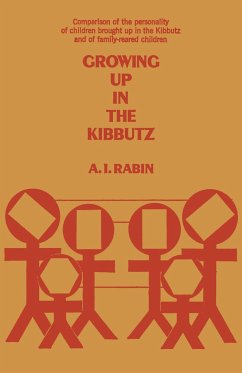This book is open access under a CC BY-NC 2.5 license.
This open access book explores specific migration, governance, and identity processes currently involving children and ideas of childhood. Migrancy as a social space allows majority populations to question the capabilities of migrants, and is a space in which an increasing number of children are growing up. In this space, families, nation-states, civil society, as well as children themselves are central actors engaged in contesting the meaning of childhood. Childhood is a field of conceptual, moral and political contestation, where the 'battles' may range from minor tensions and everyday negotiations of symbolic or practical importance involving a limited number of people, to open conflicts involving violence and law enforcement. The chapters demonstrate the importance of how we understand phenomena involving children: when children are trafficked, seeking refuge, taken into custody, active in gangs or inyouth organisations, and struggling with identity work. This book examines countries representing very different engagements and policies regarding migrancy and children. As a result, readers are presented with a comprehensive volume ideal for both the classroom and for policy-makers and practitioners. The chapters are written by experts in social anthropology, human geography, political science, sociology, and psychology.
This open access book explores specific migration, governance, and identity processes currently involving children and ideas of childhood. Migrancy as a social space allows majority populations to question the capabilities of migrants, and is a space in which an increasing number of children are growing up. In this space, families, nation-states, civil society, as well as children themselves are central actors engaged in contesting the meaning of childhood. Childhood is a field of conceptual, moral and political contestation, where the 'battles' may range from minor tensions and everyday negotiations of symbolic or practical importance involving a limited number of people, to open conflicts involving violence and law enforcement. The chapters demonstrate the importance of how we understand phenomena involving children: when children are trafficked, seeking refuge, taken into custody, active in gangs or inyouth organisations, and struggling with identity work. This book examines countries representing very different engagements and policies regarding migrancy and children. As a result, readers are presented with a comprehensive volume ideal for both the classroom and for policy-makers and practitioners. The chapters are written by experts in social anthropology, human geography, political science, sociology, and psychology.
"The book is not only useful to the field of migration studies, but also to the field of childhood studies. ... The book's arguments are well-supported by empirical evidence, and the conceptual framing of 'contested childhoods' and 'growing up in migrancy' make this a recommended read for both researchers and practitioners." (Michael Boampong, Global Studies of Childhood, September 21, 2020)
Selected by Choice magazine as an Outstanding Academic Title for 2017
"In 10 extremely well-written chapters, these authors explore patterns of international migration, the politics and policies that drive them, and, most importantly, the effect of this transitory narrative on the identities of the migrant children themselves. ... This compelling text is a must read for anyone no longer satisfied with being merely aspectator in the migrant crisis unfolding in front of the world; it will help propel readers toward informed action. Summing Up: Essential. All levels/libraries." (J. C. Altman, Choice, Vol. 55 (1), September, 2017)
Selected by Choice magazine as an Outstanding Academic Title for 2017
"In 10 extremely well-written chapters, these authors explore patterns of international migration, the politics and policies that drive them, and, most importantly, the effect of this transitory narrative on the identities of the migrant children themselves. ... This compelling text is a must read for anyone no longer satisfied with being merely aspectator in the migrant crisis unfolding in front of the world; it will help propel readers toward informed action. Summing Up: Essential. All levels/libraries." (J. C. Altman, Choice, Vol. 55 (1), September, 2017)

